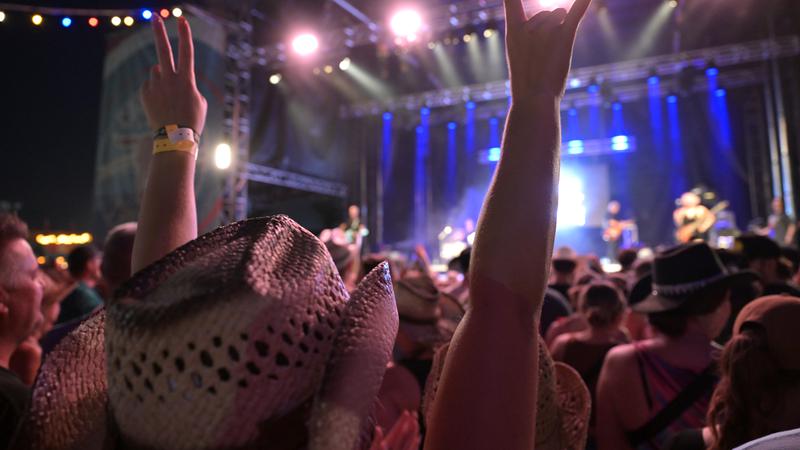
British-Chinese cultural mash-up may explain B.C.’s fondness for Halloween fireworks
Vancouver historian and artist Michael Kluckner remembers saving up his pocket money as a child for three things: rides at the Pacific National Exhibition, Christmas presents and Halloween firecrackers.
Kluckner said he would visit Chinatown grocery stores with his brother to stock up on fireworks in October, in a tradition that is particular to British Columbia.
“We kids would get dressed up a little bit and go door to door, trick or treat and get that done as quickly as we could and come back and then get out the firecrackers and start letting them off. We managed not to lose an eye or get blown up,” Kluckner laughed.
“There would be some real idiots who would throw the firecrackers right at each other, but mostly we would throw them out onto the street or in the garden and see how much dirt we could move.”


